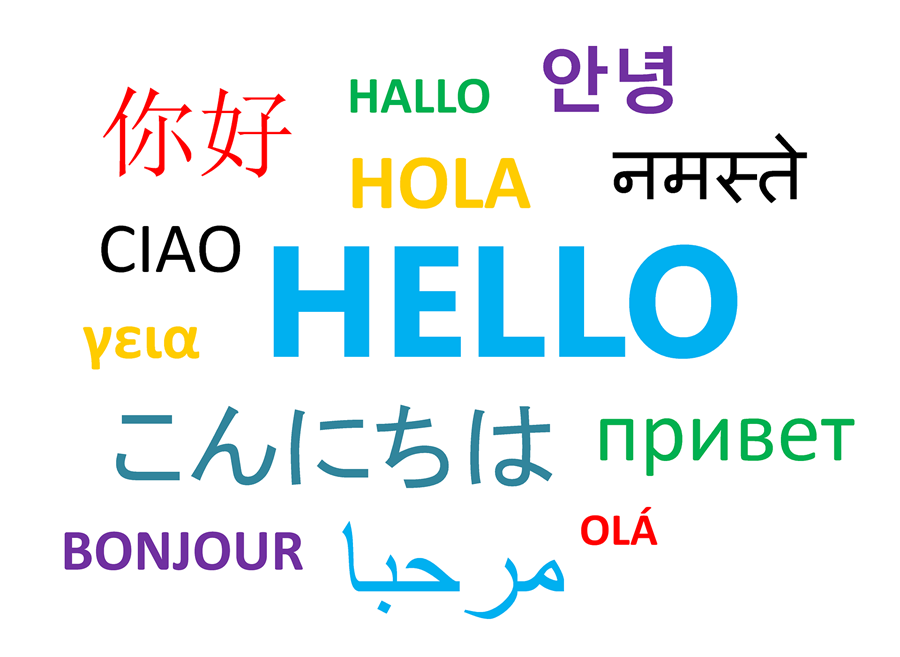What will the course Cover?
Lavoreremo in piccoli gruppi, nei quali avremo la possibilitá di parlare della vita di tutti i giorni e potremo comprendere molto meglio la cultura italiana. Grammatical structures are explained and practised, where there are difficulties.
Who is this course for?
Anyone with an intermediate level of Italian who would like to improve their language skills and knowledge of Italy and the Italians through speaking.
What skills, knowledge or experience do I need to start this course?
You need to have studied Italian for at least two years. If in doubt, come and try a class before you enrol. "
What should I be able to do by the end of the course?
personal information: where you live; travel and transport; hotels and camping; buying food and other items when on holiday; family and friends; geographical surroundings; say what you did on holiday food and drink; leisure activities; education and jobs (future plans, write a CV) You will also be able to: cope with emergencies; read and write letters, e-mails, faxes; hold telephone conversations
How is the course organised?
• you'll be encouraged to speak as much as possible in class • work in small groups and pairs • take an active part in your learning • based on a communicative approach • lots of practical work on speaking and listening, with short, additional reading and writing tasks when appropriate
What extra study or practice is expected outside of the class?
• for best results, try to spend at least 15 minutes per day on some kind of language practice • listen to a tape, watch a video, read a little, learn a few words and phrases by heart (get a friend to test you) • Visit the BBC website for some interesting materials and exercises: www.bbc.co.uk/languages
How will my progress be assessed?
In class by your contributions; written work where set. Record of your work will be kept in your Individual Learning Plan to help record the steps taken towards achieving your goals.
What can I expect to go on to after this course?
Tutor will advise.
Are there any other costs and what do I need to bring?
Ringbinder(s), notebooks, vocabulary book.
What support is available?
We have 3 main ways of supporting learners.We have 3 main ways of supporting learners. a. Help with literacy or numeracy is available through the basic education programme and the ESOL programme offers help for speakers of other languages. b. Additional support can be provided for students with learning difficulties and/or disabilities. If you have a disability and feel you need support to get the best from your course you can contact Sean Buckley (sean.buckley@lbhf.gov.uk) to have a confidential discussion on how best we can support your learning. c. The Learner Support Fund is a discretionary scheme, funded by the Skills Funding Agency, to assist learners who may be experiencing difficulties in paying for essential equipment/materials, travel costs, childcare, registration fees and other necessary expenses. Details of all available support and how to access it can be found on our website (hfals.ac.uk), in the Guide and the Student handbook, or from teaching or reception staff.





